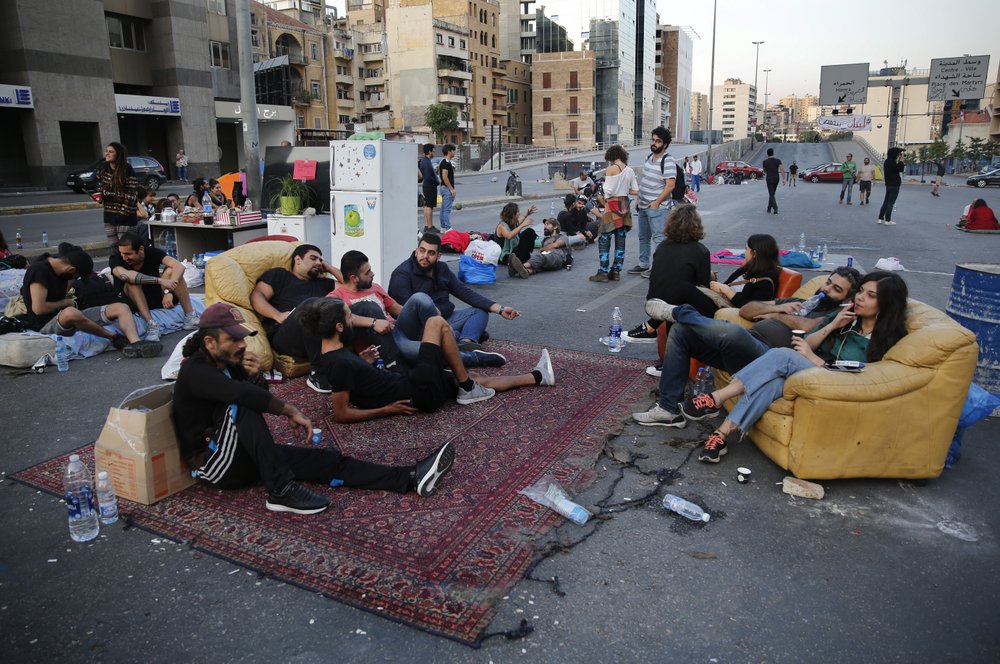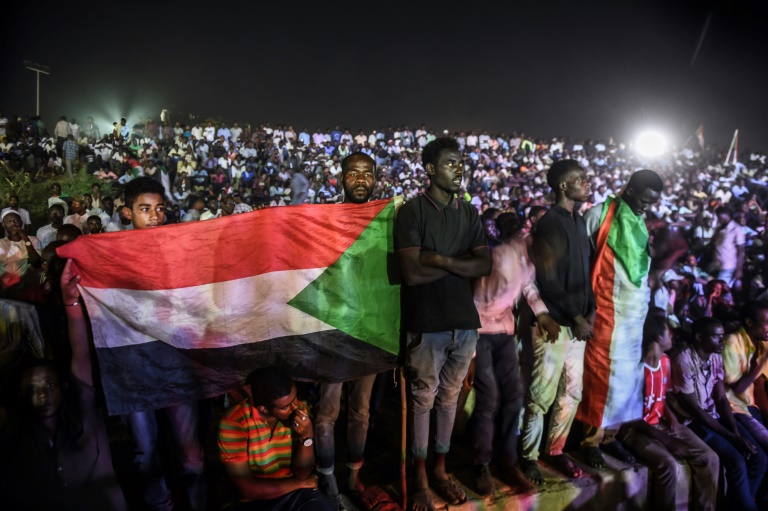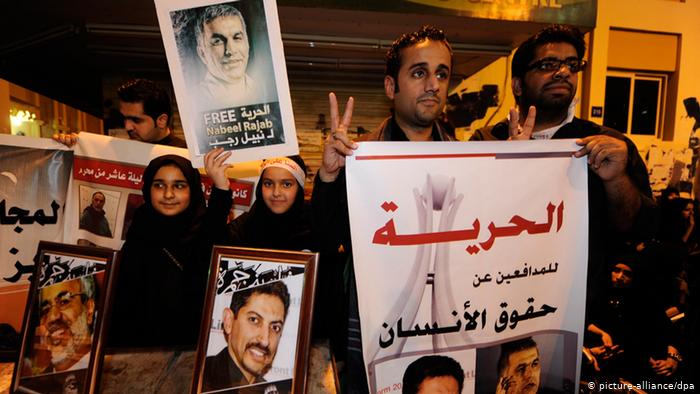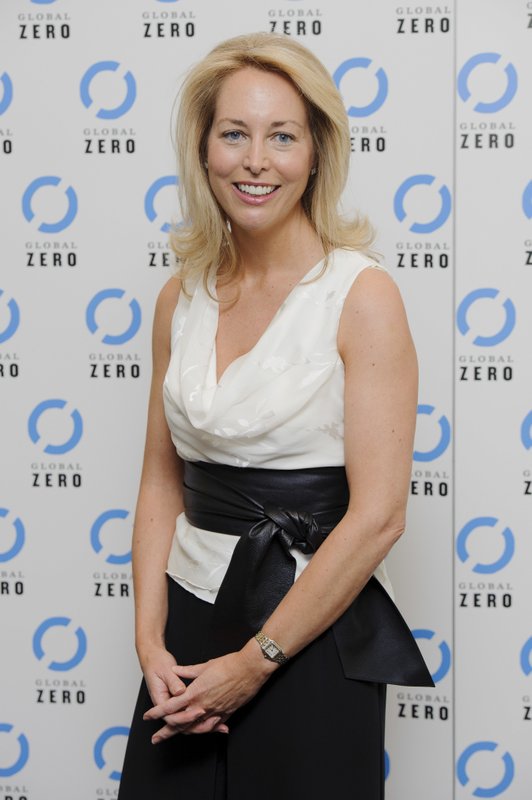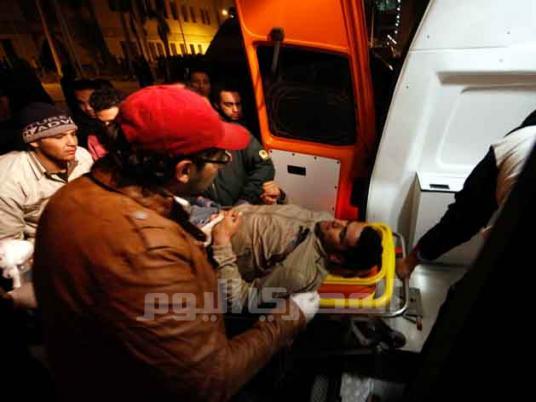
The Port Said football disaster still echoes in the hearts and minds of those whose hearts and minds are still intact after hearing about the tragic massacre of at least 71 football fans in what many consider to be a planned, barbaric attack aiming to do nothing more than aggravate the sense of lawlessness in the country.
Twelve people have already died in the ensuing street wars in Cairo near the Interior Ministry and in Suez. Reports suggest that one of the victims in Cairo was shot with live ammunition, “while Prime Minister Kamal al-Ganzouri refuses to hand in his resignation, the military council remains quiet, and the interior minister is still far from being tried,” read articles from independent Al-Tahrir. Despite its inaction, the ruling Supreme Council of the Armed Forces keeps repeating the lines it has said many times before — “the state will not fall, and we will severely punish everyone involved in the crime,” according to Al-Ahram, the state’s flagship daily.
The Muslim Brotherhood’s party paper, Freedom and Justice, reports that April 6 Youth Movement Democratic Front announced that attempts to achieve a truce between police and protesters around Egypt had failed. Yesterday some groups had apparently attempted to negotiate such a truce, according to Al-Ahram.
“I do not rule out a conspiracy and believe that there are some security officials and policemen involved in this. How else do we explain the complete lack of security interference during the game to protect fans who were being slaughtered and thrown off the bleachers for over an hour and a half?” said Ahly player Mohamed Abu Treka in a touching interview published in the independent daily Al-Shorouk.
Parliament’s fact-finding commission has released some information from their ongoing investigation that implicates security officials and members of the defunct National Democratic Party, particularly Gamal Mubarak’s close friend and business associate Gamal Omar, according to state-run Al-Akhbar. Port Said residents reportedly captured a known criminal and ex-convict who was inciting protesters to attack a police station in the city after someone there recognized him as one of the perpetrators of the stadium massacre. The captive, Al-Sayed Mohamed Refaat, “Al-Danf, ” told his side of the story — most papers reported it — which implicated those mentioned in Al-Akhbar.
Al-Danf claims that the plan involved hiring 600 thugs from outside Port Said to carry out the crime at the price of LE150 per thug.
The fact-finding commission also claims that the majority of the evidence in Port Said stadium has “disappeared,” Al-Ahram says.
In his interview, Abu Treika, undoubtedly Egypt’s most beloved soccer player, who had been quiet throughout all of the events of the past year, spoke out after being a first-hand witness and having had two young fans die in his arms while trapped in the dressing room, as security watched on.
“Yes, I refused to meet Field Marshal [Hussein] Tantawi, because I believe the military council to be an accessory to this crime. I do not understand why they are still so unable to make any decisions to secure the country against thugs,” he said, speaking of bypassing the de facto leader of the country when Tantawi went to greet the players on their safe return from Port Said.
Abu Treika refused to speak about football or any personal matters during the interview, which was conducted after some victims' funerals.
“Fighting for justice for the martyrs is now my main goal. We are in front of a tragedy, and cannot possibly think of anything else until justice is served,” he said.
Al-Shorouk profiled some of the martyrs, including Hamed Fathy, a 19-year-old commerce student at Ain Shams University. When one of his friends tried to call him in the aftermath of the events, an unknown person answered, “Hamed is passed out, and this phone is mine now.”
Mostafa Metwali was a 17-year-old high school student who until the day before the match was in a cast due to a broken leg. While his family was in Aswan on vacation, Mostafa tore the cast off and went to Port Said, never to be heard from again.
Ahmed Abdel Hameed was a 24-year-old employee at the American University in Cairo. His friend Mostafa described how police let him die, and many others, by leaving the doors open for the criminals.
As for the transition time table, SCAF's Advisory Council has submitted an official recommendation to push forward presidential elections to 31 May, with campaigning to start on 23 February, according to state-run papers.
About 16 revolutionary groups, including the 25 January Revolution Youth Coalition, the National Association for Change and the Popular Alliance, are calling for an open-ended sit-in on the street where the Parliament building is, calling on SCAF to immediately hand over power after their shameful failure to deal with the Port Said catastrophe, says Al-Shorouk.
Groups have called for nationwide civil disobedience beginning 11 February, the anniversary of Mubarak’s ouster, to continue until there is a clear plan under which the SCAF would leave earlier than planned, justice would be achieved for the martyrs, including those of Port Said, and the SCAF would disengage from political life completely, Al-Tahrir reports. The student unions of the major universities, including Cairo and Ain Shams, as well as a host of official and independent workers' unions, have announced their participation by abstaining from classes and work.
Al-Ahram attacks the US’ official position toward Egypt in an extremely naive and, frankly, embarrassing way. Al-Ahram claims that Barack Obama’s decision to have a calm and open discussion with the Egyptian delegation contradicts with the decisions of 41 US congressmen to call on Egypt to release the six US activists barred from leaving Egypt, as well as one senator’s threat to call for halting US aid to Egypt in the presence of International Cooperation Minister Fayza Abouelnaga.
In the very same building that houses the Al-Ahram institution, there’s at least a whole floor of very capable and apt political analysts and strategists at Al-Ahram Center for Strategic and Political Studies with whom Al-Ahram’s editors could confer. Any middle-school student could have told them that the link between the executive and legislative branches of government is not so hierarchical. But one cannot blame Al-Ahram for believing this, since all it has ever known was taking dictation from their supreme masters — whether it’s a president or a field marshal — and printing it as is.
Egypt’s papers:
Al-Ahram: Daily, state-run, largest distribution in Egypt
Al-Akhbar: Daily, state-run, second to Al-Ahram in institutional size
Al-Gomhurriya: Daily, state-run
Rose al-Youssef: Daily, state-run
Al-Dostour: Daily, privately owned
Al-Shorouk: Daily, privately owned
Al-Wafd: Daily, published by the liberal Wafd Party
Youm7: Daily, privately owned
Al-Tahrir: Daily, privately owned
Freedom and Justice: Daily, published by the Muslim Brotherhood's Freedom and Justice Party
Sawt al-Umma: Weekly, privately owned
Al-Arabi: Weekly, published by the Nasserist Party
Al-Nour: Official paper of the Salafi Nour Party

